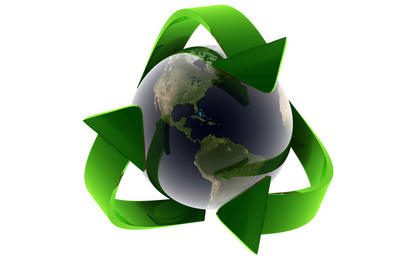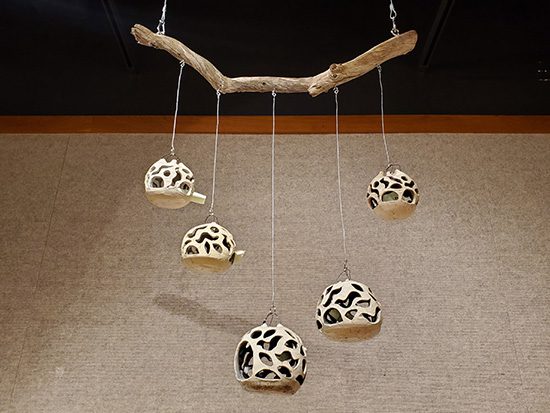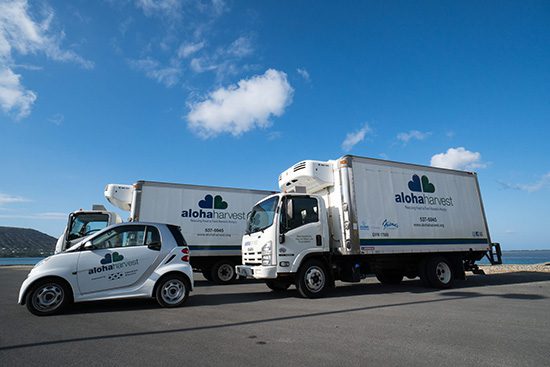 In this monthly column, anthropology instructor and faculty chair of the sustainability curriculum committee Christian Palmer shares with us the latest developments WCC is taking toward becoming a more sustainable campus.
In this monthly column, anthropology instructor and faculty chair of the sustainability curriculum committee Christian Palmer shares with us the latest developments WCC is taking toward becoming a more sustainable campus.
The S-Designation
As you look through the course catalog, you might notice some courses have an S- in front of them. This new course designation stands for sustainability. Like a WI- or Writing Intensive course, the S-designation can be added to any course, whether it be a Hawaiian Studies, history or English course, that focuses on sustainability or connects to different environmental issues or concerns.
The movement towards integrating sustainability into a variety of courses is part of an initiative across the University of Hawai‘i system. Kapi‘olani Community College has had S-designated courses for some time. WCC is one of the first campuses to follow suit although most of the community colleges should begin to have S-designated courses within the next few years.
According to the systemwide handbook for implementing S-designated courses, sustainability is defined as “serving the needs of the present without jeopardizing the needs of the future.” In addition, the handbook also references the original Earth Charter, which details four pillars of sustainability, including “cultural vibrancy, economic prosperity, environmental responsibility, and social justice.”
These definitions emphasize how sustainability is interdisciplinary and is not just about natural sciences and ecology but also about understanding economics, politics, culture, music or literature. Each discipline can contribute a unique perspective to the challenge of living sustainably on the planet.
In order to allow for a wide variety of courses to take advantage of the sustainability designation, there are two levels that a course can be designated. There are S-focused courses in which about 60 percent of the course material focuses on sustainability. In addition, there are S-related courses in which 10 percent of the course is related to an aspect of sustainability, so a module, case study or one assignment might connect the discipline to sustainability. Having two different levels allows for a wide variety of courses to be included in the designation.
Sustainability courses are meant to help students find courses they are interested in but that are not required to graduate. The designation is informative and encourages students to think about sustainability from a new perspective. Getting the designation also provides an opportunity for instructors to reflect on their courses and introduce materials connected to their own interests in sustainability. This could be related to climate change, local food systems or coral reefs, depending on the course and the instructor’s background.
Many sustainability courses are also encouraged to include service learning, project-based learning or similar approaches that emphasize doing sustainability instead of just reading about it. This avoids cognitive dissonance when we learn all about the environmental problems in the world and then continue to do nothing about them.
At WCC, we now have 23 courses with the S-designation including courses in the natural sciences, social sciences, English, history and music. The full list of courses and more information about S-designated courses can be found at https://windward.hawaii.edu/Committees/Sustainability Curriculum/index.php.
For faculty interested in the S-designation for their courses, a link to the application is on the site. For students interested in taking these courses, talk to your counselors or look in the course catalog to see which of the designated courses are being offered next semester. The list of S-designated courses grows every semester, so keep an eye out for new sustainability courses.



 In this monthly column, anthropology instructor and faculty chair of the sustainability curriculum committee Christian Palmer shares with us the latest developments WCC is taking toward becoming a more sustainable campus.
In this monthly column, anthropology instructor and faculty chair of the sustainability curriculum committee Christian Palmer shares with us the latest developments WCC is taking toward becoming a more sustainable campus.

